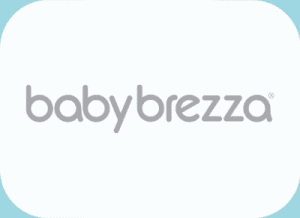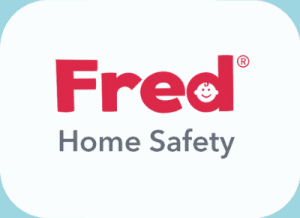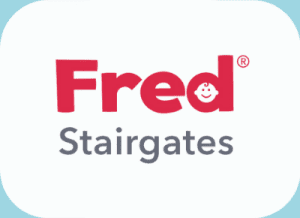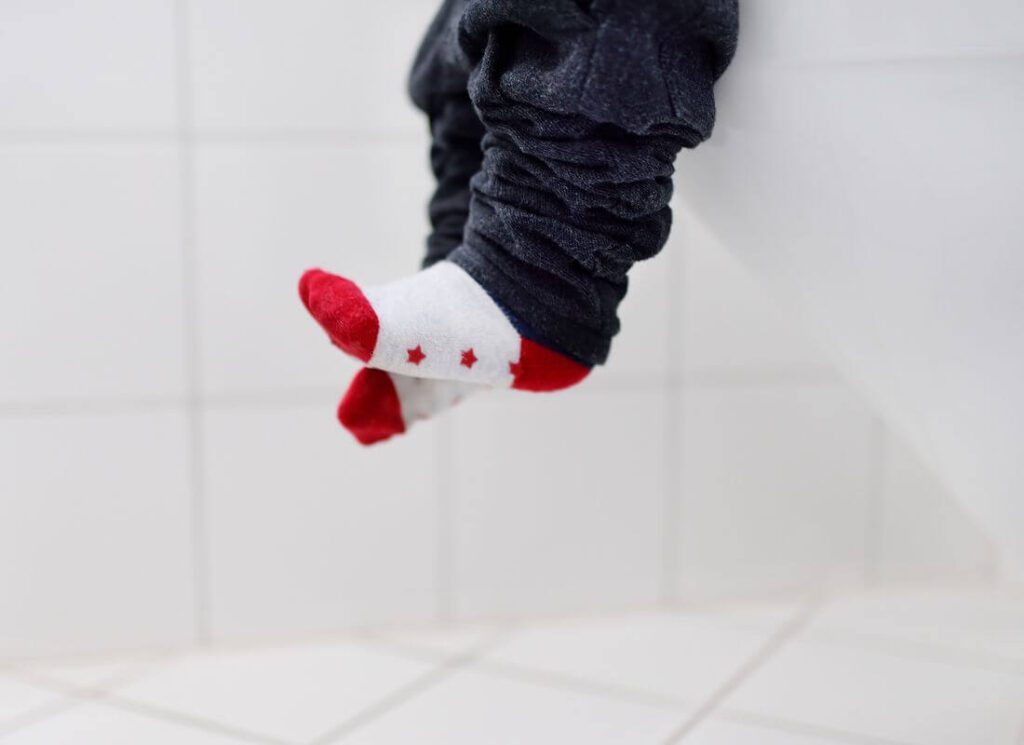Many children experience a fear of pooing once they commence potty training, and although it is more common than you may think, it is important to help support your child to manage this fear from the beginning.
If left unmanaged, it is easy for a holding poo/fear of poo cycle to develop. This is when children are reluctant to poo, so they instead hold it in, and if they do not poo for a period of time, they may become constipated. When they eventually poo, it may be sore or uncomfortable which in turn, causes them to hold their poo again in an attempt to avoid this discomfort.
To help you know what to expect on your potty training journey we have gathered some dos and don’ts to support children to overcome a fear of poo:
Do...
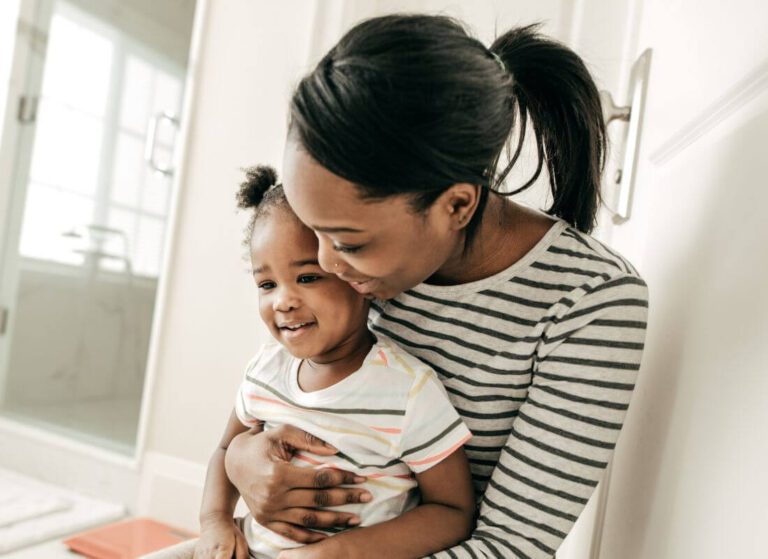
- Encourage a high fibre diet, alongside plenty of exercise and water intake (this can help to prevent constipation which may lead to uncomfortable poos which may promote the holding cycle)
- Speak to their GP if you suspect they may be constipated
- Normalise poo in an on pressure environment: Talk about poo read books about poo; show them their poo; have an open door policy when you use the bathroom. This is to help normalise poo and help them to understand it is not something to be ashamed of
- Call poo ‘poo’ as opposed to using negative terminology such as stinky. This can prevent children associating poo with something shameful
- Show love, empathy and understanding
- Provide a nappy if they ask for it and it supports them to poo
- Ensure their feet are flat on the ground if they use a toilet by supplying a high toilet step. Using a potty will naturally provide this flat feet position. This can help with release.
- Take a short break from potty training if it is becoming too stressful
Don't...
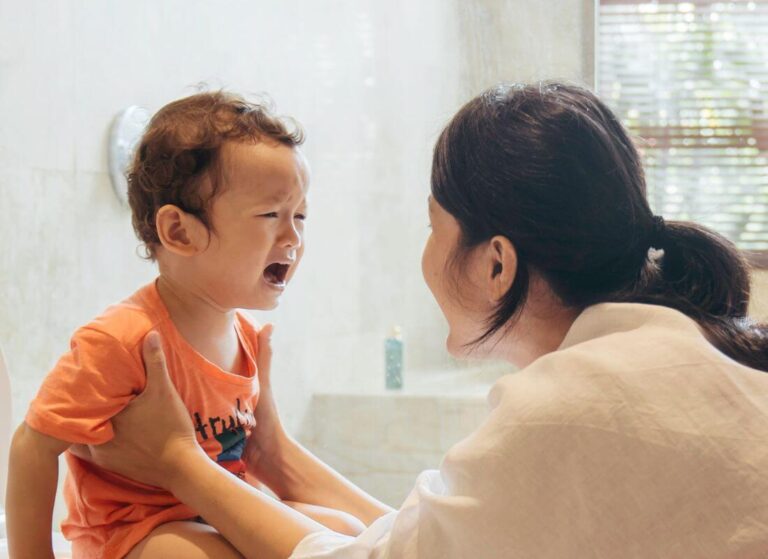
- Punish them or remove rewards or privileges if they do not poo. Pressure is unlikely to work and may impact their emotional wellbeing.
- Use reward charts – these usually are ineffective at managing fear, and may increase the child’s feelings pressure
- Attempt to wait them out – this may encourage more holding. Instead speak to your GP to manage constipation. And if needed you can supply a nappy to poo or take a break from potty training
- Be afraid to speak to a professional for further support if the fear is profound and / or they have experienced trauma or stress
- Force, restrain or, bribe them to sit on the toilet, which may further confirm to them that pooing is an unpleasant experience.
- Believe you have done something wrong to cause this. This is very common and affects many children. Although love, patience and understanding can make the process easier for both you and your child.
If you believe that your child is experiencing constipation, then it is recommended that you speak with their GP to gain support to manage this before continuing with potty training.
Meet The Expert – Susan Wallace
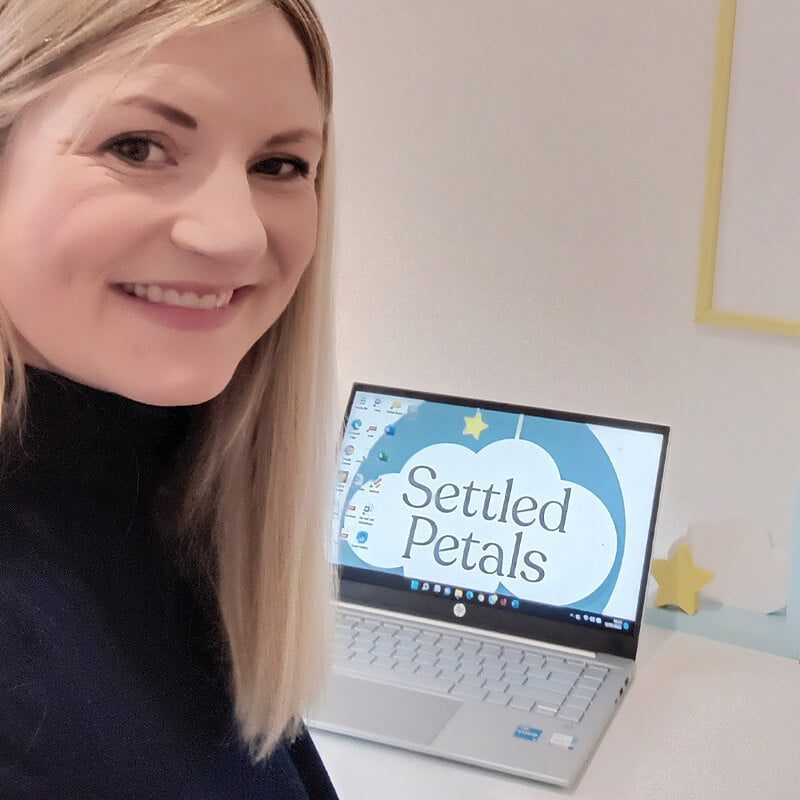
Susan has 2 decades experience working with children and families. She is a registered Social Worker, with over 10 years experience and has an Education Degree from Cambridge University.
She has worked as a SEN (Special Educational Needs) Nanny, in a Day Nursery and with Disadvantaged children in both The Philippines and Mexico. She is a Certified Infant Sleep Consultant and acts as a Community Coordinator for the International Association of Child Sleep Consultants. She also supports others to become Certified Baby Massage Instructors, Baby Yoga Instructors and Family Centred Infant Sleep Consultants through FEDANT Accredited Training.
Her own business is called Settled Petals and supports both families and those wishing to open or add to their own business to support children and families.

